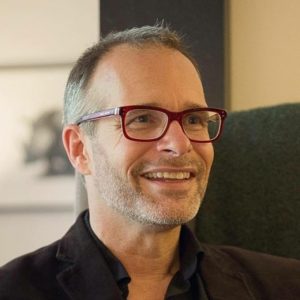Introduction – Andrew Hessel

This post is a first in a series of Questions and Answers with the founders of Humane Genomics. First up: Andrew Hessel.
Q: Tell me a bit about yourself.
I am a bio-geek and I have always been fascinated by how living things work — and stop working properly, as is the case with cancer. I also track new biotechnologies and spend time thinking about things that will be possible in the near term, typically 5-10 years. I have two kids that keep me grounded in the real world.
Q: Why did you decide to become a founder of Humane Genomics?
Because I didn’t see how cancer was going to be cured using the current approaches. Historically, cancer treatments have been crude, almost barbaric, because they cause so much collateral damage to our bodies. Targeted therapies are much less toxic, but they’re also very expensive. I wanted to make it possible to design and build precision medicines very fast and very cheap — a very new approach to drug development.
Q: Why is your background a great fit?
I studied cell biology, microbiology and genetics plus did a lot of work in bioinformatics — using software tools to understand and manipulate genetic code and other biological data. I also worked for a major biopharma company and saw firsthand the challenges of making new medicines and how they weren’t aligning to what we were learning about cancer. The data was telling us that each cancer is a unique mixture of damaged cells. Conventional drug development is one-size-fits-all. I also saw that oncolytic viruses were showing promise as treatments, and synthetic biology would make it easier to engineer these viruses. The rest, as they say, is history.
Q: What is your role at Humane Genomics?
Mostly strategy. Building something new is like sailing uncharted waters. I plot waypoints to help us navigate. We all work to avoid hazards that could sink the ship or run aground.
Q: What are you working on?
For the most part, communications. What we’re doing is so new that we need to introduce people to our approach, our technology, and our capabilities. At first, it was telling stories about what was on the edge of possible. Now that we’re producing results, the data is starting to speak for itself.
Q: What are you most excited about?
Seeing the end to cancer. It’s going to be eradicated. We’re going to find it so early that people aren’t sick. We’re going to kill it with such precision that there are no major side effects. This is the one-two punch that knocks this disease out cold. It’s what gets me out of bed every day.